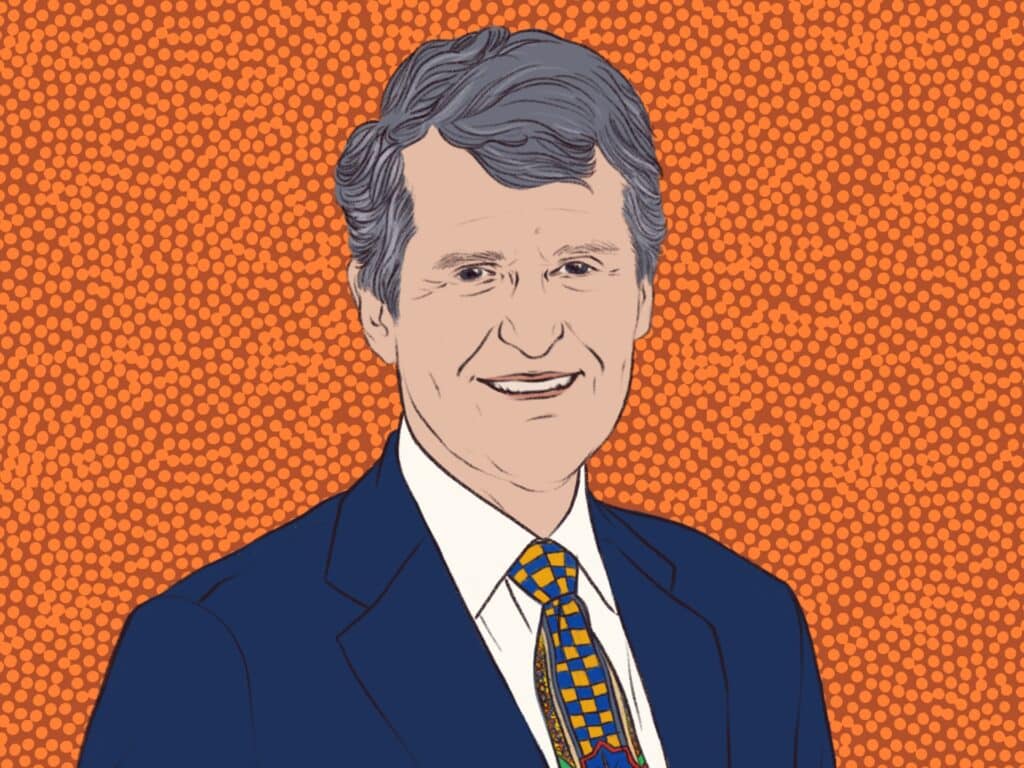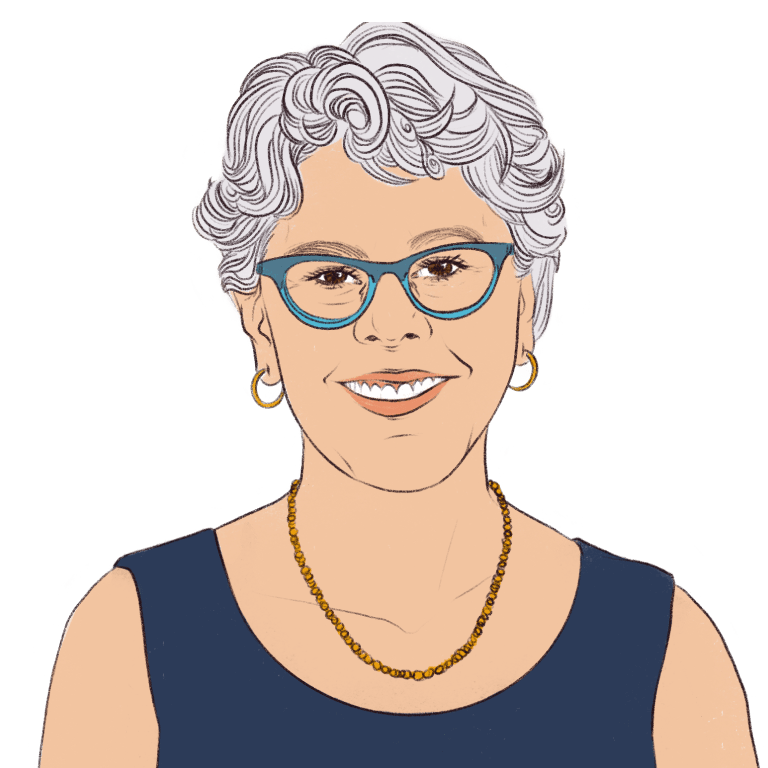President and CEO, The Kresge Foundation
The Gyroscope of Change: Community, Constancy and Forward Energy
Dear Friends and Partners,
As philanthropy is called to meet the daunting challenges of the moment, it’s important to put our role into perspective. Although we can draw from our diversified toolbox to explore different forms of leadership roles, at root, we rely on nonprofit leaders to catalyze possibility, bridge divides, and create the conditions for transformative change. It is those leaders – the PathBreakers – that we highlight in this year’s annual report.
The 12 PathBreakers featured here represent hundreds more at organizations across the country who are deftly navigating the creative tensions inherent in fortifying urban change. They balance immediate needs with long-term transformation … they honor community wisdom while introducing new approaches … they maintain clear-eyed realism about the ever-escalating and politically fraught challenges of doing equity and justice work… and yet they are steadfast in their aspirations for what can be achieved.
Achieving short-term wins and long-term change
PathBreakers see beyond conventional boundaries and understand that the most intractable urban challenges require us to work across sectors, disciplines, and traditional power structures.
Consider the work of Cardell Orrin in Memphis, who – through his leadership of Stand for Children Tennessee – has built a remarkable coalition spanning neighborhood associations, faith communities, and business leaders united by a shared commitment to ensuring that ensure that all Memphis children have access to high-quality education. His work illustrates how blending long-term community organizing and sophisticated policy engagement can help change the life trajectory of young people living in the most disinvested neighborhoods of the city.
Similarly, Dr. Beverly Wright of the Deep South Center for Environmental Justice in New Orleans has worked for decades to document the disproportionate environmental burdens of communities of color. In the aftermath of Hurricane Katrina, she saw an opportunity to rebuild differently— demonstrating how recovery could address historical inequities rather than reinforce them by integrating environmental science into community advocacy, strategy development, and policy change.
“PathBreakers see beyond conventional boundaries and understand that the most intractable urban challenges require us to work across sectors, disciplines, and traditional power structures.”
Marrying community wisdom with new tools and ideas
PathBreakers recognize that the wisdom needed for transformation already exists within communities, waiting to be fortified, amplified, and connected to resources and systems that extend its impact.
Dean Elizabeth Moje of the University of Michigan’s Marsal School of Education, for example, has helped create a cradle-to-career educational continuum at Detroit’s Marygrove Learning Community, shaping a platform where educators, families, and community organizations co-design curriculum that honors Detroit’s cultural wealth while opening doors to economic opportunities.
And Richard Burrell transformed his practice of bringing food to hungry kids living in Fresno into Live Again Fresno, a comprehensive support system for some of Fresno’s most vulnerable residents.
Philanthropy’s role
Today’s nonprofit leaders must strike a balance between near-term responsiveness and long-term constancy of commitment to addressing the underlying systems that shape poor outcomes for low-income people and marginalized communities.
That balancing act is profoundly complex, sensitive, and difficult. Nonprofit leaders must build financial sustainability in an era in which traditional funding models are in flux. They must assess organizational capacity in the face of volatility, uncertainty, and ambiguity. And they must do all this while navigating an increasingly fractured information landscape where misinformation proliferates and where leaders advocating for justice frequently face not just opposition but personal targeting and harassment.
Supporting leadership in this environment has required us at Kresge to move beyond traditional notions of grantmaking toward a broader understanding of how foundations can deploy their many forms of capital—financial, social, intellectual, and reputational—to strengthen the ecosystem where leaders operate.
As with our grantees, we need both to ensure our responsiveness to the moment and to steward the kind of patient capital that allows for deep, structural change.
Whenever money is involved, it’s difficult to characterize the relationship between funder and grantee as a partnership. But there is a form of partnership – perhaps the term might be “calibrated partnership” – in which we in philanthropy can tune into and support grantee needs in a more nuanced, multifaceted way.
We can – and will – simplify our grant submission processes so leaders can focus their time and energy on their communities. We can be – and are – increasingly aware that the personal toll that leadership takes in this moment requires that we support not just organizations but also the well-being and safety of the individuals who lead them. We can – and will – support both particularized projects and general operating funding to enable organizations to seize opportunities and weather storms. We can – and will – use our convening power to create spaces where leaders can find solidarity and strategic alignment with peers facing similar challenges.
“As with our grantees, we need both to ensure our responsiveness to the moment and to steward the kind of patient capital that allows for deep, structural change.”
Perhaps most importantly, we can – and will – recognize that we are not well-served by continuing to draw a bright line among traditional grantmaking silos – between direct service and systems change, between grassroots organizing and institutional reform, between immediate relief and long-term transformation. The PathBreakers show us daily that their work is not one thing or another, but is instead inextricably interwoven. Their community-level work informs and energizes efforts to reform policies that impede equity and opportunity. Their responsiveness to immediate needs fosters the relationships and knowledge necessary for durable change.
Looking Forward
The PathBreakers remind us to hold onto our high aspirations, to adapt with boldness, to tie our work directly to the energies of community. They underscore that even though there is frequently a case for isolated interventions, communities will thrive only when, and to the extent that, multiple forms of leadership, knowledge, and resources can coalesce in the patient pursuit of shared purpose.
I am both sobered by the scale of challenges facing our cities and inspired by the ingenuity, courage, and persistence of the leaders profiled in this report and their peers at organizations across the country. Their paths wind through the intricate and layered terrain of our cities’ histories, power structures, and possibilities. In navigating this landscape, they illuminate new possibilities for all of us committed to more just, sustainable, and vibrant urban communities. We aim to be your worthy partners.
With Gratitude,
Rip Rapson
President and CEO
The Kresge Foundation

